Holidays can offer a special perspective on a culture, and in China, there is one holiday that represents tradition, celebration, and family more than any other: Chinese New Year, also known as the Spring Festival.
If you’re thinking of traveling to China, it’s important to know about this holiday so you can understand the country’s diverse cultural fabric.
In this post, I’ll explain the importance of Chinese New Year, its customs, and how it can impact traveling, so you can enjoy your trip to the fullest during this lively and crowded time of year.
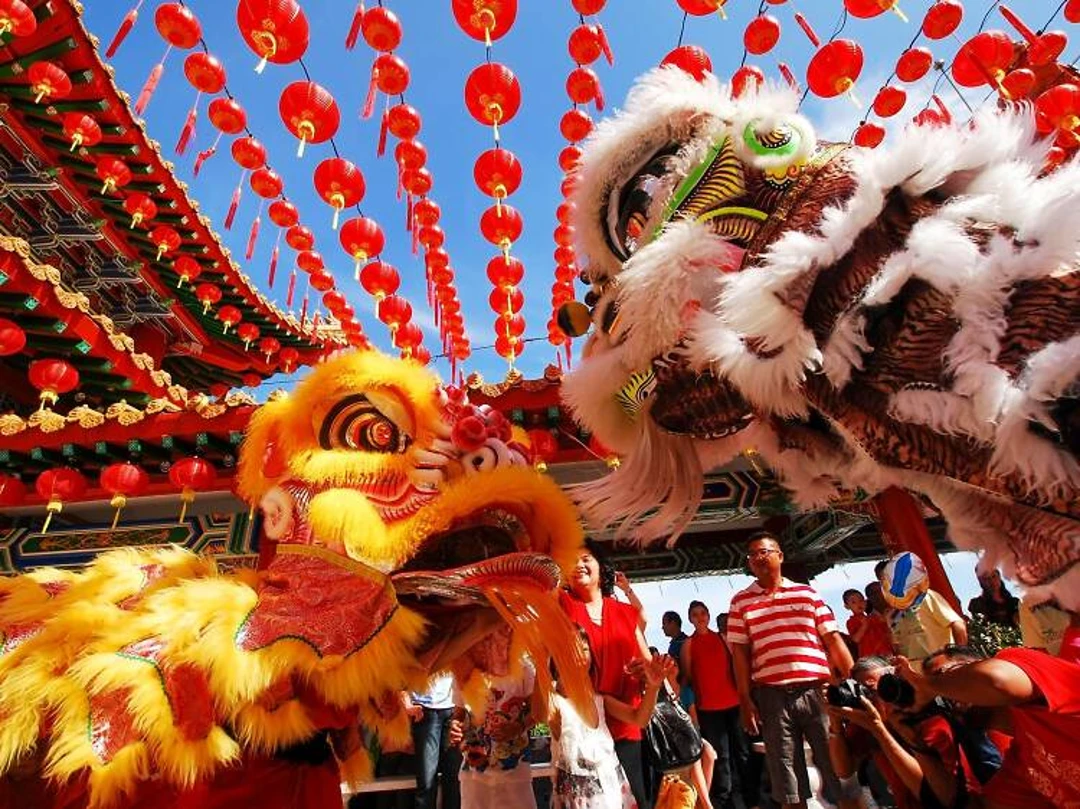
What Is an Important Holiday in China?
The most significant holiday in China is Chinese New Year, also called the Spring Festival.
This holiday typically takes place between late January and mid-February (the dates change each year on the lunar calendar).
It’s a time for families to come together and for big public displays that extend home nationwide. It’s a very busy travel period since everyone heads home, during one of the world’s biggest migrations each year.
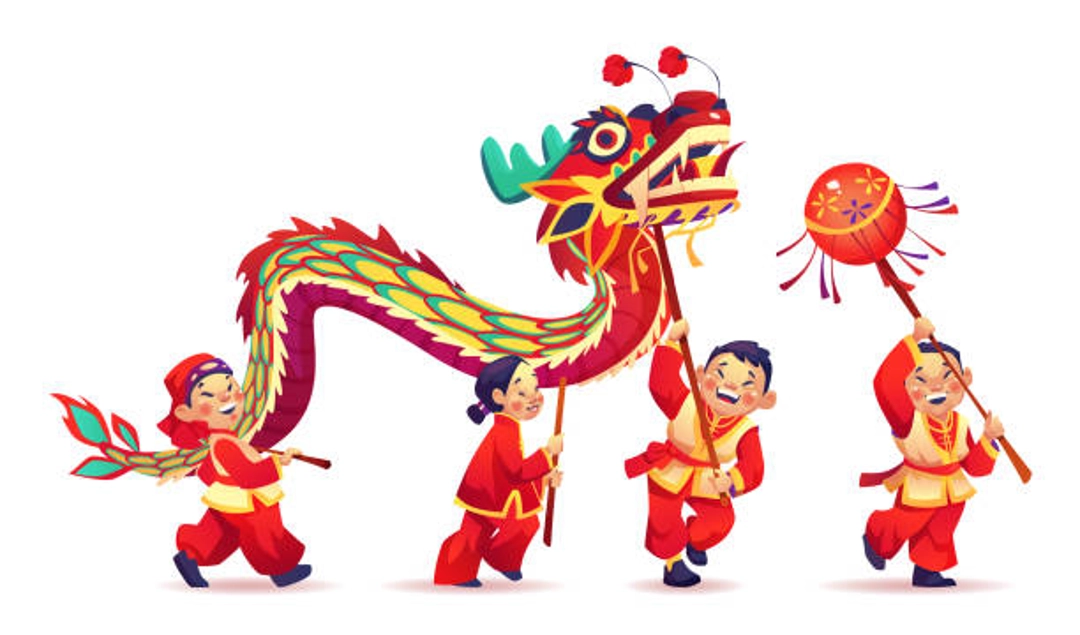
The Story Behind Chinese New Year
Chinese New Year is based on an interesting story. Many years ago, a dragon-like monster named “Nian” would emerge from its hiding place on the last night of the year to attack the people in the villages.
The villagers eventually figured out that they could keep Nian from attacking by making loud noises and wearing the color red. And thus many of the traditions we see today developed.
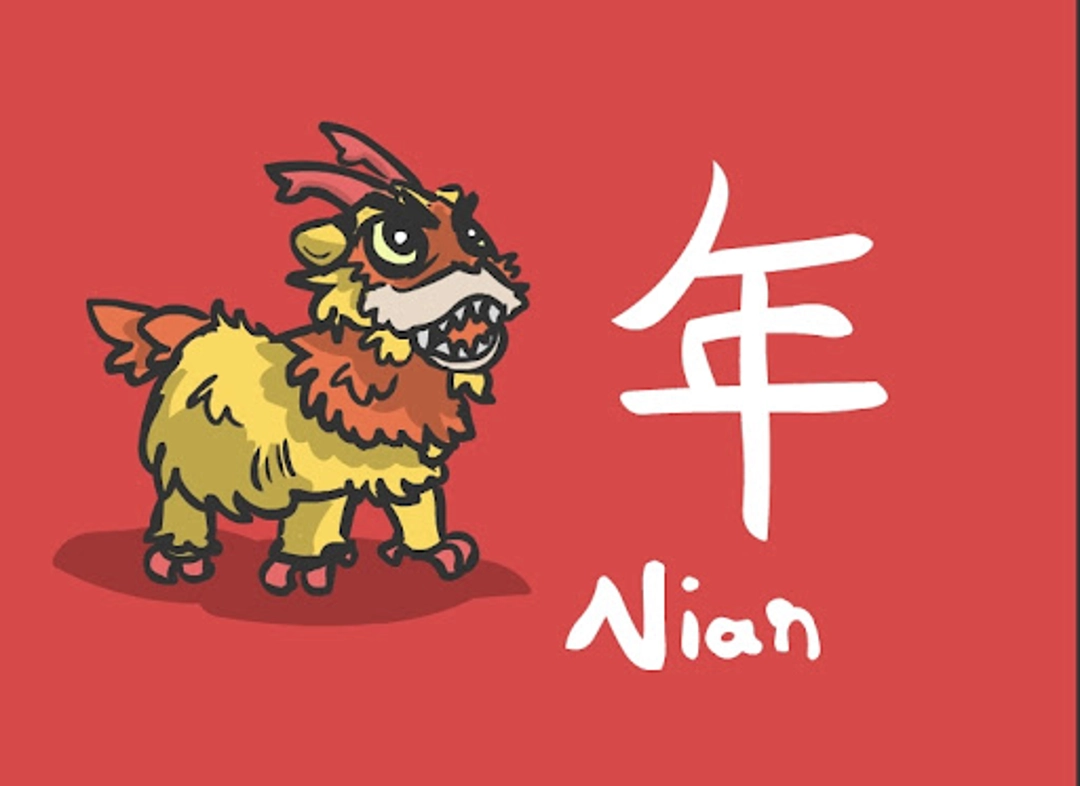
The Chinese New Year dates back centuries in history to the lunar-solar calendar.12, including animals as part of the Chinese zodiac; which means that 12 different animals are celebrated over a 12-year cycle.
This year, “celestial stems,” are represented by Earthly Branches that include the Rat, Ox, Tiger, Rabbit, Dragon, Snake, Horse, Sheep, Monkey, Rooster, Dog, and Pig. The celebrations signify both the end of one year and the start of a new one.
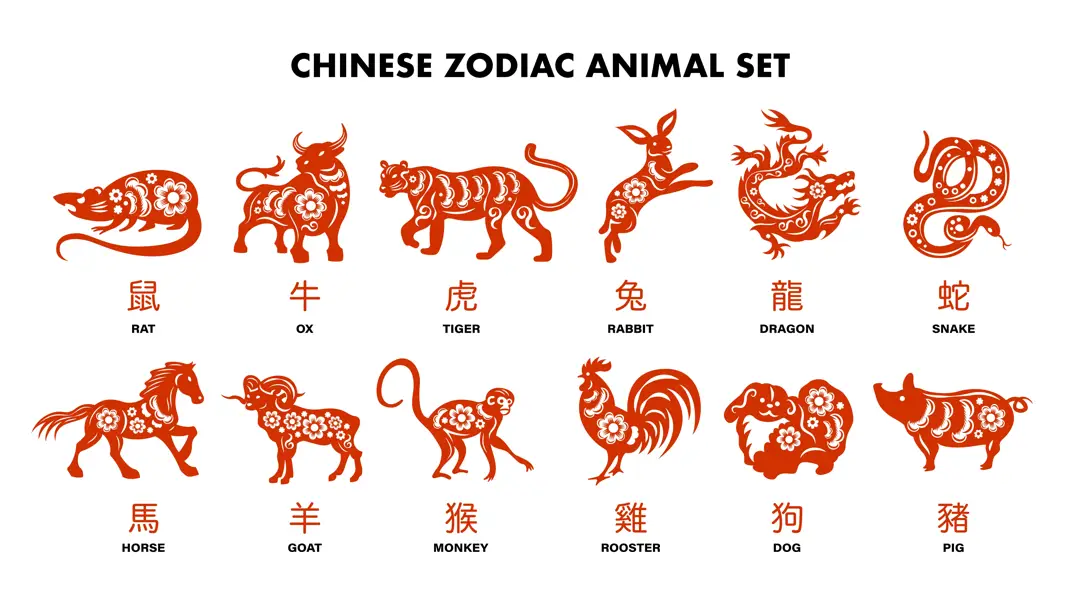
Symbolism is everything in this celebration. Streets, homes, and everything else are decorated to symbolize new beginnings and luck in the coming year. Family is a major focus here, too, as everyone returns home to spend time together and usher in the new year.
Key Traditions and Customs
Before the New Year begins, it’s important to thoroughly clean your house to sweep away any bad luck and make your space welcoming for the new.
At the same time, it’s believed you shouldn’t sweep on New Year’s Day itself for fear of sweeping good luck away! Red couplets are hung on doors, and red lanterns strung across the streets and all businesses everywhere.
Every public space is decorated in a cascade of bright red, and gold decoration.
On Chinese New Year’s Eve, families reunite over a big dinner. The meal features traditional dishes like dumplings and fish, which are said to bring good luck and luck, respectively.
One popular tradition is giving red envelopes filled with money—these are meant to impart luck and fortune in the upcoming year.
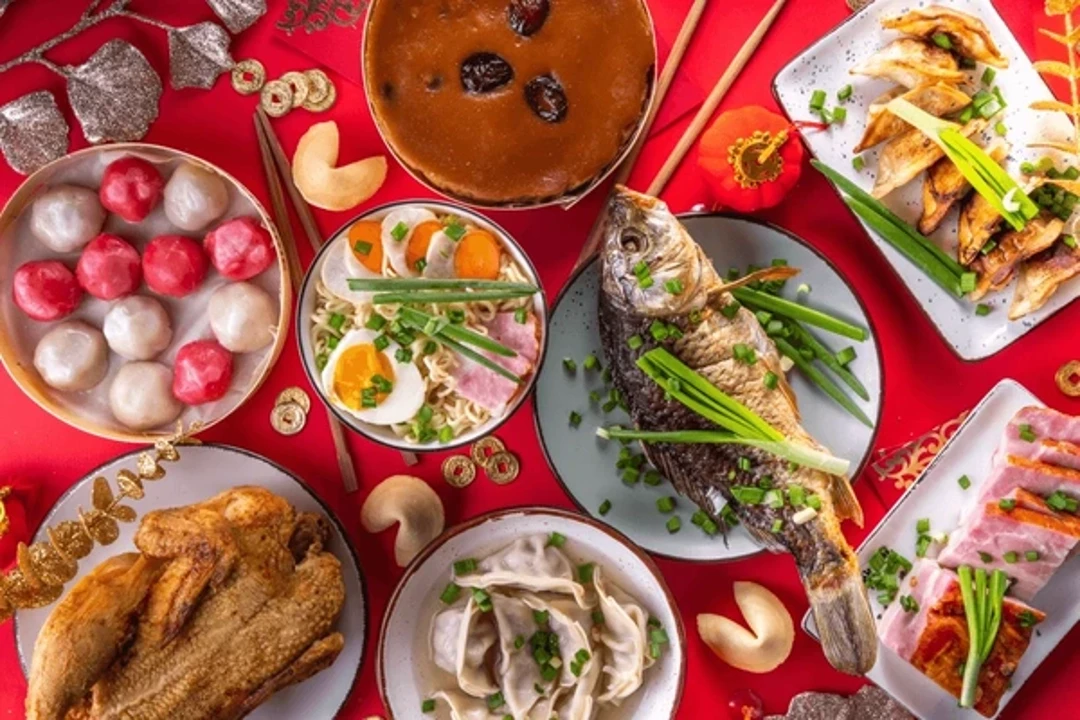
New Year’s Day starts with firecrackers to scare away evil spirits, and the streets are filled with the traditional lion dance. Temple festivals are rich experiences (and the same goes for food, art, and culture).
Family visits during the holiday are especially important for bonding. It all lasts for days, and the mood is really contagious.
On the 15th day, there is the Lantern Festival, a spectacular end to the New Year celebrations. People take to the streets with these gorgeous lanterns. Some spend the evening guessing riddles drawn on the lamps.
A great way to end the celebration, it’s all about peace, hope, and coming together.
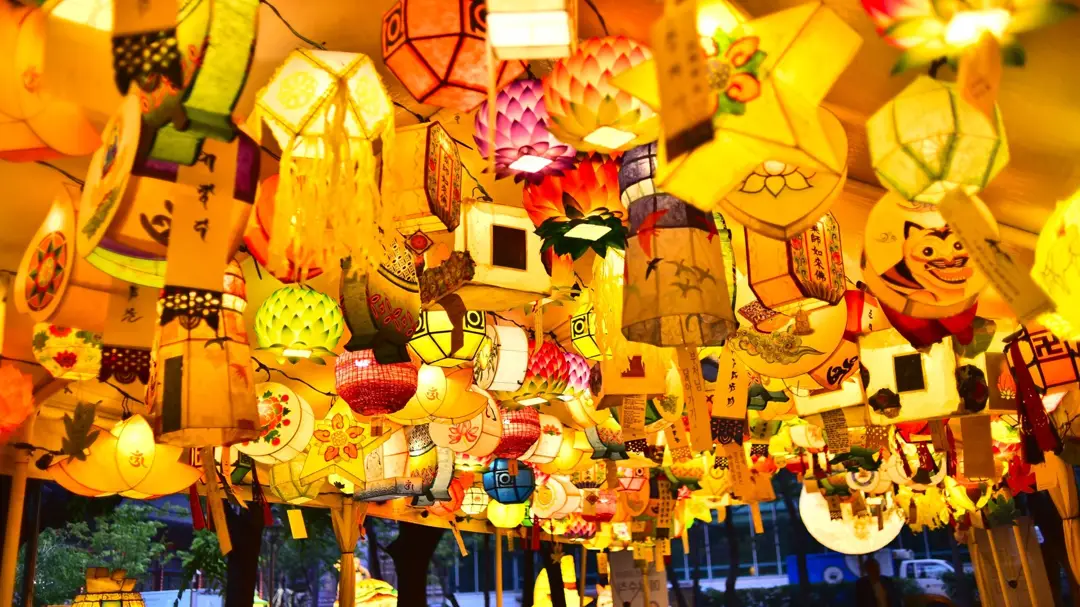
Other Major Holidays in China
1. Qingming Festival
Qingming Festival, or Tomb Sweeping Day, is observed in early April. Families gather to clean the graves of their ancestors and offer sacrifices. By remembering the generations before, this custom helps to continue family ties and create strong lineage bonds.
2. Dragon Boat Festival
Held annually in June, the Dragon Boat Festival celebrate the life and works of Qu Yuan, one of China’s most revered poets.
Colorful dragon boat races and the consumption of sticky rice dumplings, a.k.a. zongzi, are the two most popular customs and people from all walks of life come together to revel in the vibrant, energetic atmosphere.
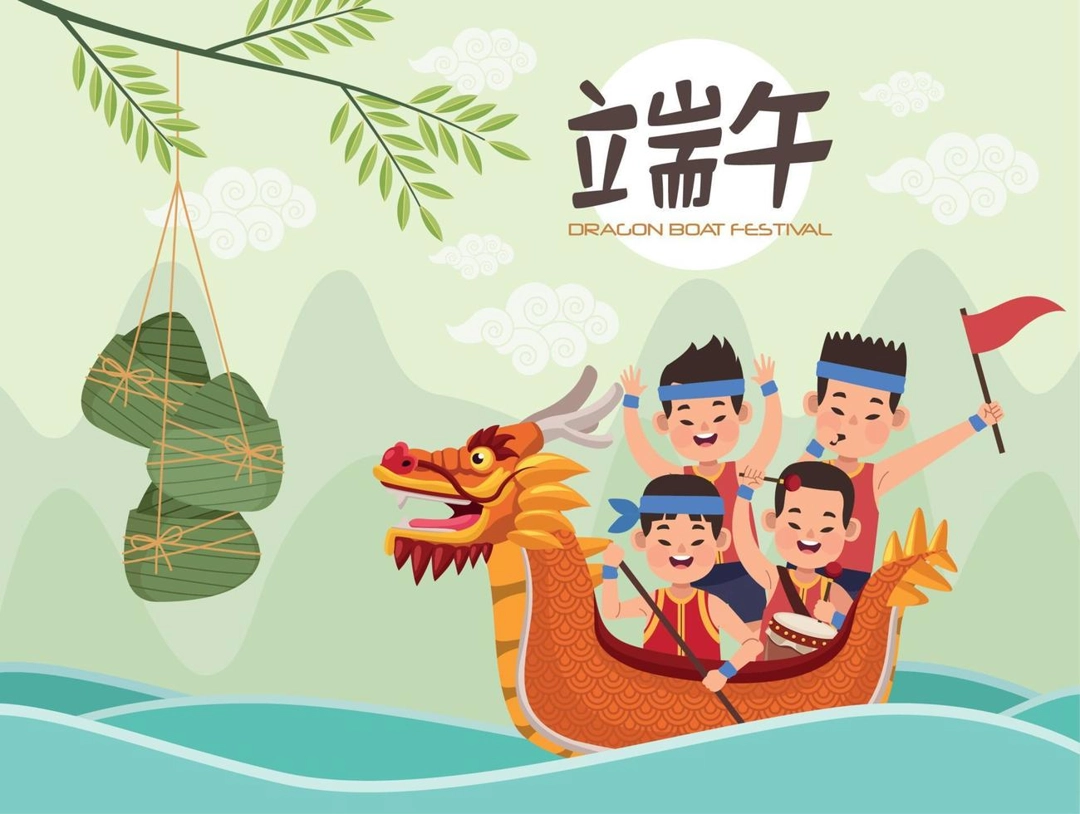
3. Mid-Autumn Festival
During the Mid-Autumn Festival, also known as the Moon Festival, which takes place in either September or early October, people eat mooncakes and, beneath the full moon, get together to give thanks for families and the harvest.
Lanterns are also lit as a sign of hope and a bright future for this traditional celebration.
4. National Day
This Chinese national holiday celebrates the founding of The People’s Republic of China on October 1st. It “opens” Golden Week and many Chinese get the time off for a vacation.
You’ll find the tourist attractions to be busy, as well as parades, flag ceremonies, and major fireworks.
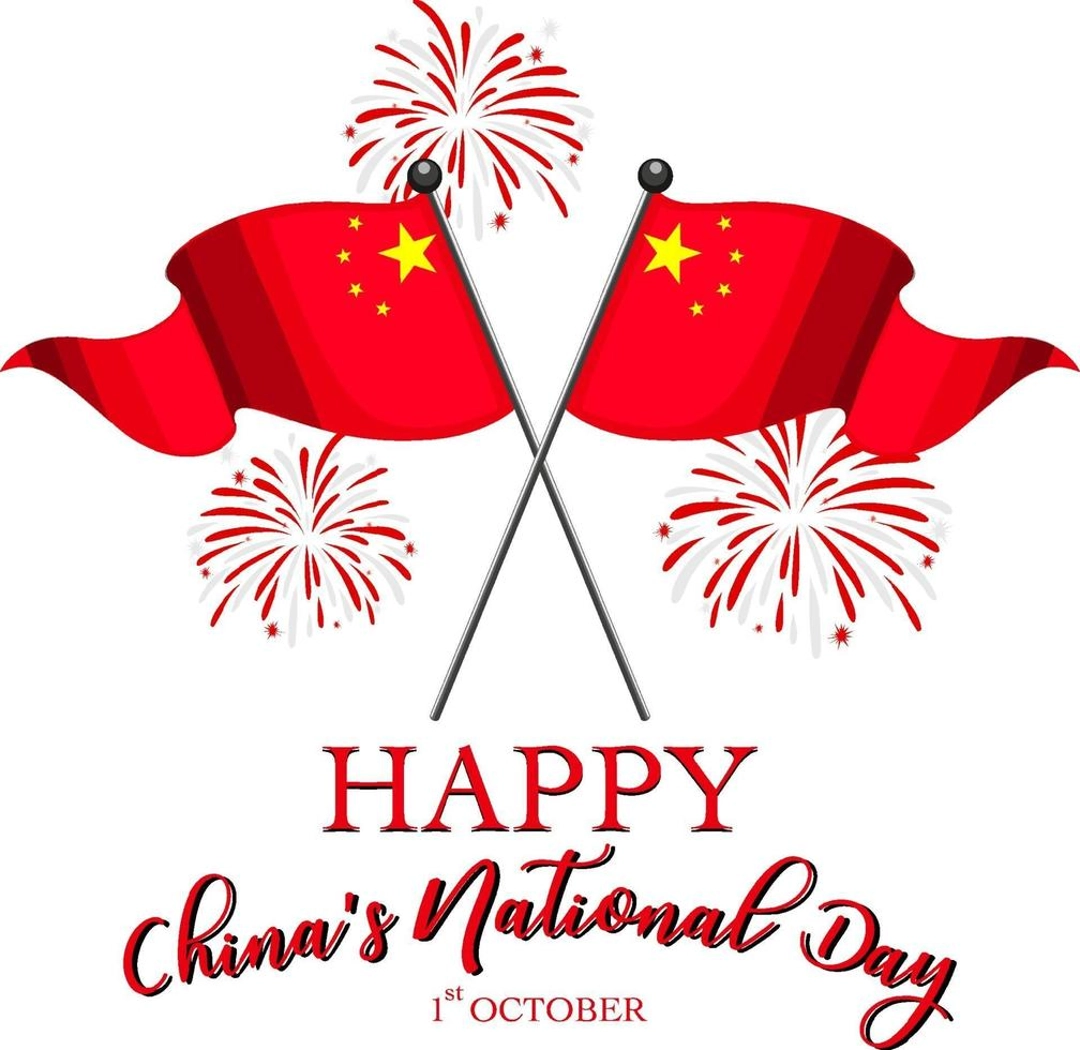
How Chinese New Year Affects Travel Plans
During Chinese New Year (Lunar New Year), traveling can be difficult, so it’s important to plan accordingly! It’s one of the most popular times to travel in the country, and hotels and train tickets get expensive.
If you want to visit China in the vicinity of this holiday, be sure to purchase your tickets in advance, as waiting until the last minute could mean poor options!

Some attractions may be closed, or have limited hours, but the temples and cultural institutions are bustling with activity. This is the time to see lush decorations, enjoy performances, and learn about traditional customs.
Just imagine all those awesome photographic opportunities! Yes, the holidays always involve crowds, but experiencing a new culture in the full swing of celebration is well worth it. You will see nothing like it any other time of year!
FAQ
1. Can you see anything during Chinese New Year as a tourist?
Yes! Travelers can attend public events, watch parades, and eat traditional foods.
2. Are there any banks/ATMs to use during major holidays?
Banks close for a few days, but ATMs should still work. Best to have some cash on hand though.
3. What’s the weather like during CNY?
Winter temperatures vary by region, with most of the country seeing cold weather. Northern cities such as Beijing can be quite snowy while places in the south such as Guangzhou stay milder.
4. Are fireworks allowed during Chinese New Year?
In the countryside, sure. However, in a lot of major cities, firecrackers are illegal for safety and pollution reasons.
5. Are holiday prices more expensive in China?
Yes. Like any popular destination, transportation, accommodation, and the popular sights will be more expensive during peak times.
Conclusion
Chinese holidays are far more than mere dates on a calendar; they are a rich tapestry of customs and tales that have permeated Chinese culture for generations.
In examining the importance and impact of these holidays today, we’ve encountered a society in which centuries-old practices intersect with modern life.
From the festivities of Chinese New Year to the lighthearted Lantern Festival, every holiday provides a window into Chinese tradition.
Whether you are thinking about traveling to China or just looking to learn more, an understanding of these holidays will deepen your appreciation for the country’s culture and the ways in which it has endured for so long.
